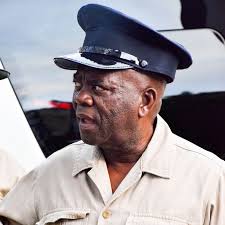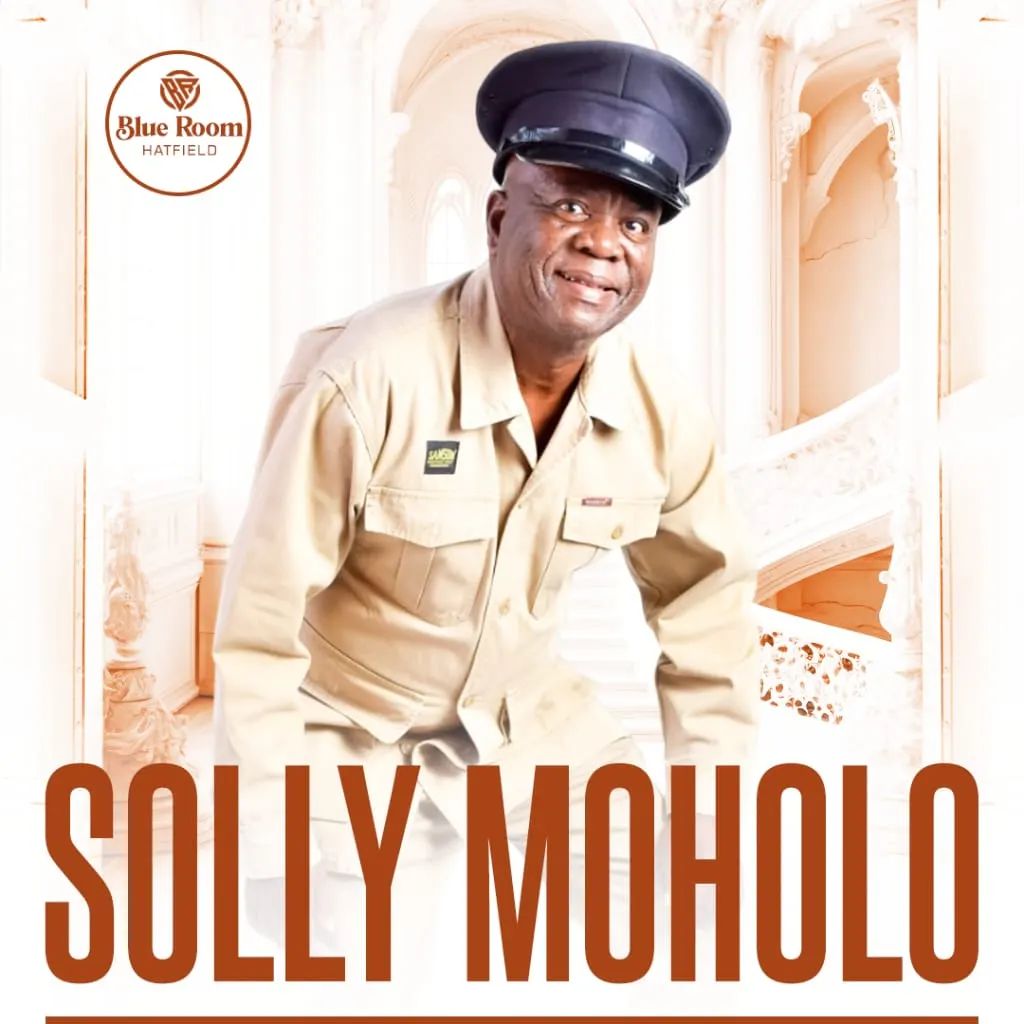
According to Biobriefs, Solly Moholo, born Solomon Molokoane, was a prominent South African gospel artist whose music resonated deeply with many. Renowned for blending traditional gospel sounds with vibrant township rhythms, Solly’s journey through life was marked by a commitment to uplifting his community and advocating for social issues. He became a beloved figure in the gospel scene, leaving behind a legacy that continues to inspire.

Solly Moholo Early Life
Solly Moholo was born in Soshanguve, Pretoria, South Africa. His upbringing was heavily influenced by the teachings of the Zion Christian Church (ZCC), which played a significant role in shaping his music style and life values. Growing up in a culturally rich environment, Solly developed a passion for music that would eventually lead him to become one of the most celebrated gospel artists in South Africa.
Solly Moholo Career
Solly Moholo’s music career began in the early 2000s, and he quickly became a household name in the South African gospel music scene. His energetic performances, characterized by his signature ZCC uniform and the iconic ‘mokhukhu jive’ dance, captivated audiences across the country.
Notable Albums
Some of Solly Moholo’s most recognized albums include:
- Tsoha Jonase Nice Time Ya Bolaya (2003)
- Mandela O Llela Bana (2006)
- Ba Mmitsa Tsotsi (2006)
- Oa Ntaela Moya (2008)
- Tshwara Mo Oratang Mfundisi (2009)
- Difofu Dikgopela Merapelo (2010)
- Ba Mo Kobile Kerekeng (2013)
In addition to his performances, Solly was a talent scout and producer, helping to launch the careers of various gospel artists, including Winnie Mashaba and Johannes Mamabolo. His advocacy for social issues, particularly against music piracy and xenophobia, showcased his dedication to using his platform for positive change.
Solly Moholo Personal Life
Despite his fame, Solly Moholo remained grounded and actively engaged with his community in Soshanguve. He established a home studio, allowing him to work on various projects while maintaining his connection to his roots.
A notable incident in Solly’s life occurred in 2009 when he survived a hostage situation. His captors, who admired his work, spared his life, highlighting the profound impact his music had on individuals.

Solly Moholo Death
On October 2, 2024, Solly Moholo passed away after battling an illness that followed a stroke and led to multiple organ failure. His death marked a significant loss for the South African music community, particularly within the gospel genre. At the time of his passing, Solly was approximately 65 years old, although his exact birthdate remains undisclosed.
His final album, Wubani o zo Pepeza, included a single released just weeks before his death, demonstrating his unwavering commitment to his craft until the end.
Legacy and Family
Solly Moholo’s legacy continues to influence traditional gospel music in South Africa. He is remembered not only for his musical talents but also for his advocacy for social issues and dedication to uplifting his community. Following his death, the Molokoane family requested privacy as they mourned, with memorial details expected to be shared on Solly’s official social media accounts.
Frequently Asked Questions
- What was Solly Moholo’s real name?
- Answer: Solly Moholo’s real name was Solomon Molokoane.
- Where was Solly Moholo born?
- Answer: He was born in Soshanguve, Pretoria, South Africa.
- What type of music did Solly Moholo perform?
- Answer: Solly Moholo was known for his traditional gospel music.
- What was Solly Moholo’s signature style?
- Answer: His signature style included wearing the ZCC uniform and performing the ‘mokhukhu jive’ dance.
- How did Solly Moholo die?
- Answer: Solly Moholo passed away from an illness that followed a stroke, leading to multiple organ failure.
- What was Solly Moholo’s last album?
- Answer: His last album was Wubani o zo Pepeza, with its single released just a few weeks before his passing.
Conclusion
Solly Moholo’s journey from Soshanguve to becoming a household name in gospel music is a testament to his dedication, talent, and passion for uplifting others. His unique blend of traditional sounds and social consciousness has left an indelible mark on the South African music scene, inspiring future generations of artists to use their platforms for positive change.

Leave a Reply